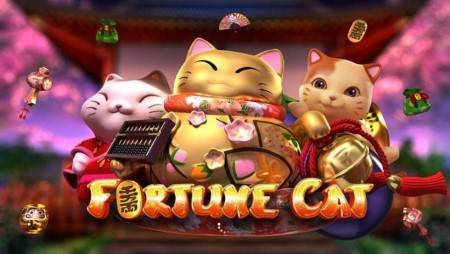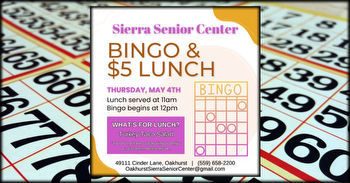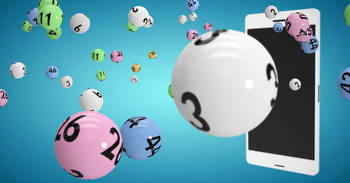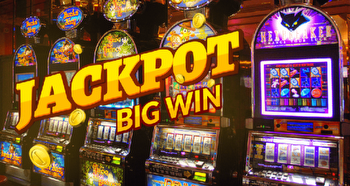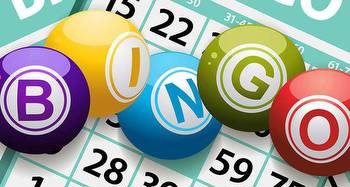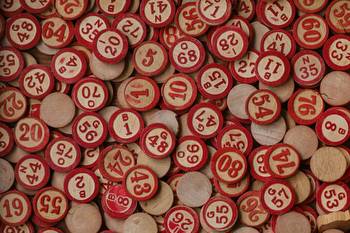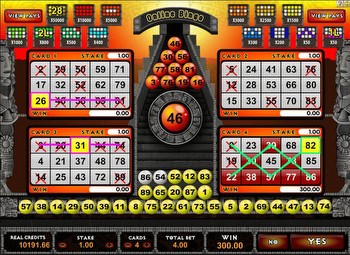The evolution of bingo: from its origins to modern-day variations and technology

Bingo tops as one of the easiest games in online casinos. Since the game depends on luck, many love it as it does not require expertise. They can just log into a game, choose some numbers, and wish for the best. And with many of the sites on www.topratedbingosites.co.uk offering incredible bonuses, players can get this dopamine kick without spending a lot of cash. And the best part? The game’s popularity is still growing, which spells good news for its fans.
We look at where it started, where it is, and what the future holds for this classic game.
The Origins of Bingo
If you look at where bingo started, its origins are quite interesting. This game started as a lottery in Italy before spreading to other regions where people used it for different uses. For example, the Germans used it to teach arithmetic to students.
So, for many centuries, the game was either an educational resource or a way to score a lottery in Europe. It finally made its way to the U.S., where people would enjoy it at fairs. At the time, players would mark numbers using beans and had come to know it as beano.
The story goes that one industrious businessman chanced upon the game during one of his visits. And he mistakenly heard a winning player screaming “bingo.” He loved the workings of the game and preferred the term bingo to beano. So, seeing what the game could be, he sought the services of a statistician who worked on all bingo probabilities, creating the bingo cards that would soon hit the market.
Selling the game was easy. After all, the game was easy to play, had simple rules, and allowed people to test their luck. As such, the game soon made its way to homes across the U.S. But it wasn’t until churches started organising bingo charity games that the game took off. People would gather for a good cause, spend the evening competing to win prizes and leave having had a good time.
This commercialisation saw the game make its way around the world, this time as a social and lucrative game. And in the UK, the game was such a hit that bingo halls started popping up on
almost every corner. People wanted to socialise with friends, enjoy some friendly competition, and win some money. And once people started making thousands of pounds, it was easy to pull in the crowds.
A game that had once been a little-known lottery game in Italy was soon a household game that catered to the needs of the young and the old.
The Online Effect
Towards the end of the 90s, the internet had started changing lives as it had eased most things. People no longer had to spend hours analysing data as computers could now serve this role. Communication was much easier. And as an icing on the cake, people could play casino games online.
This change elicited mixed reactions. Some people thought online access would kill bingo; others thought it would help the game, while others were on the fence. As luck would have it, the online effect was a positive stride in bingo’s case, as it came with the following perks:
- 24/7 accessibility: People no longer had to wait for weekends or evenings to play. Instead, they could mark cards at their convenience.
- Affordability: Since online bingo halls had fewer overheads, they charged less for the tickets, allowing players to enjoy several games at low costs. Players also could enjoy the games without travelling to bingo halls, which eliminated other expenses such as fuel, parking, and tips.
Additionally, the online games addressed many of the concerns relating to not being in halls, including:
- Online chats: Most people would play bingo games to have people to talk to in their free time. Online sites allowed this by introducing live chats and community forums.
- Lively graphics: A game is only as exciting as its features. And on online sites, players get a treat of amazing graphics and music.
- Bingo variations: While physical halls could only offer some games at a time, online halls don’t have capacity limitations. They can thus provide the classic games alongside their variations.
These aspects have made online bingo an even better choice than physical halls.
The Future
Online access to bingo has made it so popular that it has traction even with the younger generations, allowing the game to transcend yet more centuries. To ensure this, most sites have introduced the following aspects:
- Virtual currencies: In the age of data privacy, these currencies allow players to make withdrawals anonymously while enjoying added security and fast speeds.
- Virtual reality: Players want to feel like they are in the room with others, which this technology allows by introducing avatars.
The playing costs have also been reduced as most sites now use AI to better their marketing efforts, reduce their lead generation costs, and improve their game quality. So, even with a small budget, players will have a wonderful experience.







